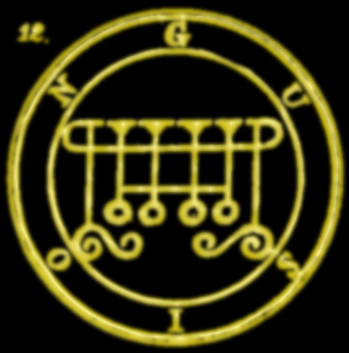The Devil’s Pitchfork
October 20, 2010 · by xalieri · Posted in Everything Else
Comments
2 Responses to “The Devil’s Pitchfork”
Leave a Reply
Categories
Archives
- January 2018
- January 2016
- June 2015
- May 2014
- January 2014
- October 2013
- June 2013
- April 2013
- March 2013
- February 2013
- November 2012
- October 2012
- September 2012
- August 2012
- July 2012
- June 2012
- May 2012
- April 2012
- March 2012
- February 2012
- January 2012
- December 2011
- November 2011
- October 2011
- September 2011
- August 2011
- July 2011
- June 2011
- May 2011
- April 2011
- March 2011
- February 2011
- January 2011
- December 2010
- November 2010
- October 2010
- September 2010
- August 2010
- July 2010
- June 2010
- May 2010
- April 2010
- March 2010
- February 2010
- January 2010
- December 2009
- November 2009
- October 2009
- September 2009
- August 2009
- July 2009
- May 2009
- March 2009
- February 2009
- December 2008
- November 2008
- October 2008
- September 2008
- August 2008
- July 2008
- June 2008
- May 2008
- April 2008
- March 2008
- February 2008
- January 2008
- December 2007
- November 2007
- October 2007
- September 2007
- August 2007
- July 2007
- June 2007
- May 2007
- April 2007
- March 2007
- February 2007
- January 2007
- October 2006
- September 2006
- July 2006
- June 2006
- May 2006
- April 2006
- March 2006






Being keenly interested in anti-intellectualism, I always perceived the Devil’s finery as that of the slick-talking city boy, here to run off with your girl and your soul.
The message to most common folk being that you shouldn’t ask questions, as you will just bring yourself heartache and closer to damnation.
And the pitchfork, while the word pitch having conotations to hell, I think is really a trident. The trident being something that can pluck your life from you from a distance.
two cents :)
You’re almost certainly correct about the trident thing. It gets called a pitchfork because that’s what it looks like to people who are more familiar with farm equipment than esoteric weapons of the Roman era. What was the real end of Odysseus’s travels? When his oar was mistaken for a winnowing fan?
Mostly I was talking about the split between poetic truth and literal, actual truth, and how the former seems to follow more narrative laws than logical, but my interest in the mythology of the devil covers quite a bit more territory than that.
Frankly I find it fascinating that in the book of Job he seems to be on God’s payroll as somewhere between a district attorney and quality control officer, yet popular modern treatments has him as a rebellious agent and damned near God’s equal… Every time I think about it I have to wonder what happened.